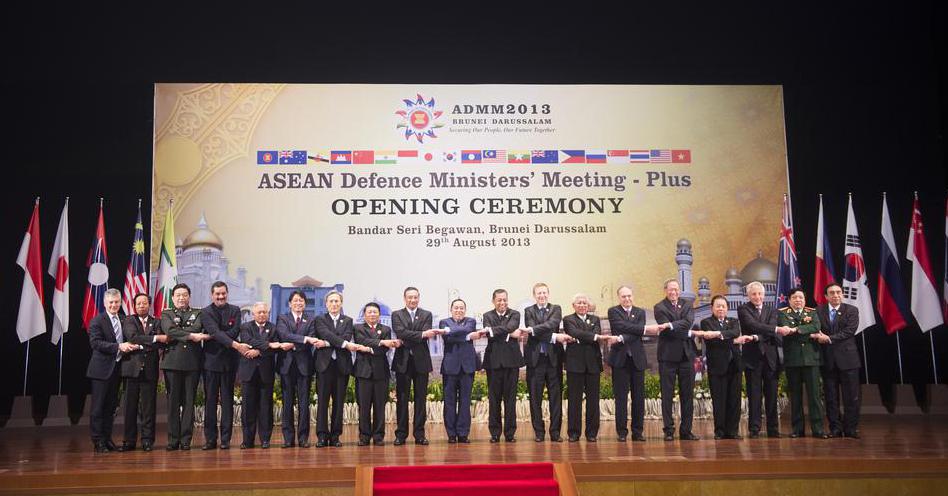At WiseGEEK, we're committed to delivering accurate, trustworthy information. Our expert-authored content is rigorously fact-checked and sourced from credible authorities. Discover how we uphold the highest standards in providing you with reliable knowledge.
What is a Bilateral Treaty?
A bilateral treaty is an official agreement between two nations, two international organizations, or a combination of the two. Similar to a contract, though more extensive, a bilateral agreement not only requires assent by the signatory parties, but also ratification by the congressional, legal, or governmental bodies they represent. Many bilateral agreements later stall in national legislatures and are not officially approved for years. Sometimes the ratification process can take so long that a better, more modern agreement is signed in the original’s place.
An example of the complexity of bilateral agreement finalization can be seen in the early Strategic Arms Limitation Talks (SALT I and SALT II) involving nuclear arms agreements between the United States and the former Soviet Union. Negotiations on SALT I, which later was renamed the Anti-Ballistic Missile Treaty, were concluded in 1969, but the bilateral treaty was only considered an interim measure. It resulted in a further SALT II bilateral treaty in 1979. The United States later chose not to ratify SALT II when the Soviet Union invaded Afghanistan, and withdrew from the treaty completely in 1986. The US, as well, withdrew from SALT I in 2002 when it expressed the intention of expanding its anti-ballistic missile program beyond what this bilateral treaty allowed for.

Another example of the complexity of a bilateral treaty is that of the Camp David Accords between Egypt and Israel, initially negotiated and signed in 1978. A second agreement, passed in 1979, was as much a bilateral trade agreement as anything else, as it required Israel to relinquish control of the Sinai Peninsula to Egypt along with all its oil, tourism, land resources, and Israeli settlements in the region. At the same time, the agreement was only signed by both parties with the guarantee of the United States committing billions of dollars in various forms of aid to both countries for the foreseeable future. Though the Camp David Accords were supported by a national consensus in Israel, many Israelis felt it was not legitimate, as the Egyptian people were not given the right to vote on it themselves.

Bilateral free trade agreements are even more complex than the typical bilateral treaty between two nations. This is due to the fact that a bilateral trade agreement is often an agreement between one nation and a bloc of nations. Many examples of this exist, such as China’s trade agreement with the Association of Southeast Asian Nations (ASEAN) consisting of 10 countries located in southeast Asia, or the Caribbean Community (CARICOM) bilateral trade agreement with Cuba. Any common market, economic union such as the European Union, or monetary union can be considered a trade bloc that enters negotiations with other blocs and nations in a bilateral contract or bilateral immunity agreement.
AS FEATURED ON:
AS FEATURED ON:












Discuss this Article
Post your comments